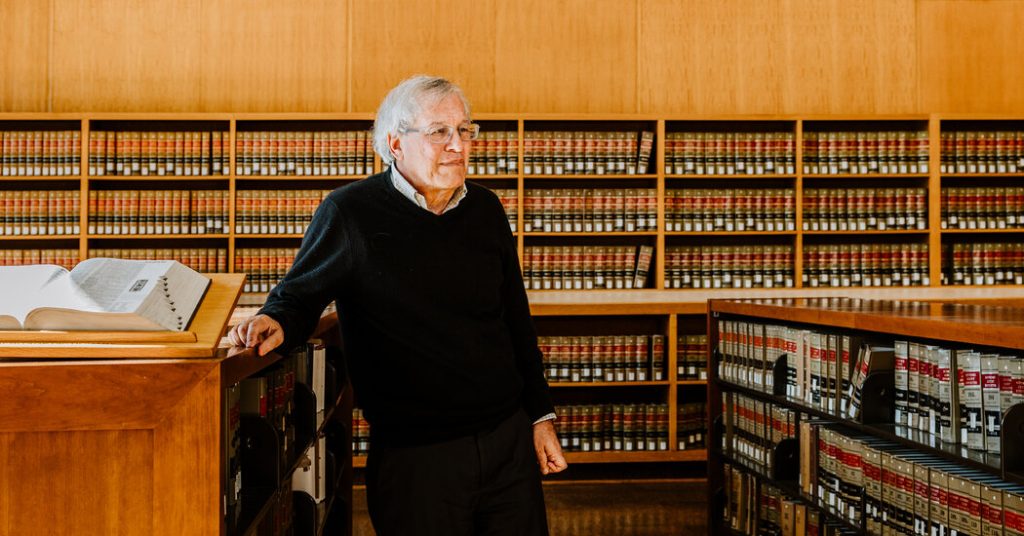Erwin Chemerinsky, the dean of Berkeley’s law school, experienced a personal confrontation when pro-Palestinian students disrupted a celebratory dinner party at his home for 60 students. The event was meant to be a casual gathering with no speeches or formal activities, but a student used a microphone to make a speech. Chemerinsky and his wife, Catherine Fisk, tried to remove the microphone from the student, leading to accusations of violence and a lack of free speech rights. This incident highlighted the intensification and complexity of the free speech debate in light of the Israel-Hamas conflict, with some administrators cracking down on disruptive behavior by pro-Palestinian students.
The University of California, Berkeley, known for its history of leftist activism and the Free Speech Movement of the 1960s, has been embroiled in protests over the Middle East conflict. Some Jewish students and alumni criticized the university for tolerating activism that veered into antisemitic speech. The incident at Chemerinsky’s home was seen as part of a larger pattern of disruptive actions on campuses nationwide by pro-Palestinian students. The university faced criticism for allowing such protests, which led to incidents like the cancellation of an event featuring an Israeli speaker and demands for action to address antisemitism.
The dinner confrontation occurred on the last day of Ramadan, adding to the tension of the situation. The protesting students wanted Chemerinsky to denounce what they saw as an unfolding genocide in Gaza and to call for divestment from companies supporting Israel’s military campaign. The Law Students for Justice in Palestine called for the resignations of Chemerinsky and Fisk, as well as the establishment of a Palestine studies program focused on resistance and the right to return. University officials, including the UC system’s board chairman and the Berkeley chancellor, supported Chemerinsky and Fisk while condemning the use of a private residence for a protest.
Chemerinsky expressed disappointment at the students’ behavior, noting that he had invited them to his home for a community-building event. Students left peacefully after the incident, and the dinner continued. Some supporters of the pro-Palestinian cause argue that with the death toll rising in Gaza, this is not a time for decorum. The protesting students believed that urgent action was needed from Chemerinsky, who describes himself as a Zionist, to address what they saw as a humanitarian crisis. The incident highlighted the challenges faced by university administrators in balancing free speech rights and maintaining order on campus.
The clash at Chemerinsky’s home brought attention to the broader issues of free speech, antisemitism, and activism on college campuses. It underscored the challenges faced by institutions like UC Berkeley in navigating the complexities of political debates and social justice movements. As tensions continue over the Israeli-Palestinian conflict, the role of universities in facilitating dialogue and protecting diverse viewpoints remains a critical issue. Chemerinsky, Fisk, and other university officials have voiced their commitment to upholding free speech while condemning disruptive actions that infringe on the rights of others. The incident serves as a reminder of the ongoing debates and controversies surrounding contentious issues in academic settings.








